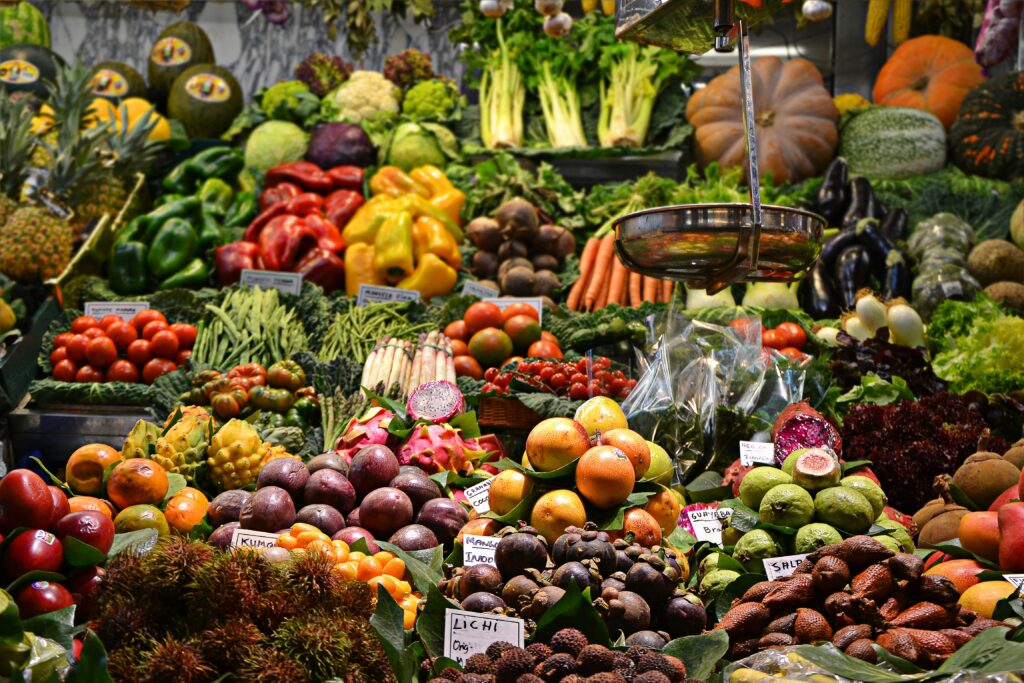Explore UK inflation trends and their impact on households ahead of the general election. Understand how retail price changes and fuel cost disparities are shaping economic discussions.

© Photograph: Andy Rain/EPA
UK Inflation Trends: Understanding the Current Economic Landscape
In the run-up to the UK’s general election, the focus is on inflation trends and their impact on households. Recent figures from the British Retail Consortium (BRC) reveal that shop price inflation in the UK has eased significantly. In June, annual inflation slowed to just 0.2%, marking the lowest rate since October 2021. This slowdown comes as retailers have cut prices on key products such as butter and coffee, aiming to ease the burden on consumers grappling with the cost of living crisis.
Fuel Prices Remain a Concern
Despite the overall slowdown in inflation, fuel prices continue to be a significant concern for households across England, Wales, and Scotland. According to the RAC, petrol and diesel prices dropped for the second consecutive month in June. However, the average price of petrol was still close to 145p per litre by the end of the month, down slightly from earlier in June. Diesel prices also saw a decrease but remained around 150p per litre. The RAC highlighted that prices in Northern Ireland were notably lower, further underscoring regional disparities in fuel costs.
Political Campaigns and Economic Promises
As the election approaches, political parties are using these economic indicators to shape their campaigns. Conservative Party leader Rishi Sunak has emphasized the success in bringing headline inflation back to the Bank of England’s 2% target, down significantly from a peak of 11.1% in 2022. In contrast, Labour’s shadow chancellor Rachel Reeves has pointed out that despite these improvements, many households still face acute financial pressures due to higher average prices compared to pre-crisis levels.
Food Prices and Grocery Inflation
The latest data from the BRC also sheds light on trends in food prices. In June, food inflation stood at 2.5%, down from 3.2% in May. This marks the 14th consecutive month of deceleration in annual growth for grocery prices, indicating a gradual easing of inflationary pressures in this sector. Retailers have responded by reducing prices on essential items, including staple foods like butter and coffee, in a bid to support consumers amidst economic uncertainties.
Non-Food Items and Consumer Spending
In contrast to food prices, non-food items have seen deflationary trends. This means that on average, prices for non-food products have decreased compared to a year ago. Retailers have been proactive in offering discounts, particularly evident in sectors like electronics, where promotions coincided with events like the Euros, driving consumer interest and spending.
Retailers’ Strategies Amidst Economic Uncertainty
Helen Dickinson, CEO of the BRC, highlighted that retailers are navigating a complex economic environment by strategically adjusting prices. Beyond food and non-food sectors, overall retail strategies are aimed at balancing consumer affordability with business sustainability. These efforts are crucial as retailers play a pivotal role in shaping consumer spending patterns and overall economic sentiment.
Impact of Fuel Price Disparities
The disparity in fuel prices between regions within the UK remains a contentious issue. The RAC’s findings underscored significant differences in petrol and diesel costs across the country, with Northern Ireland consistently offering lower prices compared to other regions. This discrepancy has sparked debates about market competition and consumer fairness, particularly concerning major fuel retailers’ pricing strategies.
Consumer Outlook and Household Budgets
Looking ahead, the outcome of the general election will likely influence future economic policies and their impact on household budgets. Both major parties have outlined contrasting approaches to address ongoing economic challenges, emphasizing either continued fiscal restraint or increased public spending to stimulate economic recovery and mitigate inflationary pressures.
Conclusion: Navigating Economic Realities
In conclusion, the current economic landscape in the UK is shaped by evolving inflation trends, particularly in retail and fuel sectors. While there are signs of moderation in overall inflation rates, challenges persist, particularly regarding fuel costs and their impact on household finances. As voters prepare to cast their ballots, the handling of these economic issues will be central to determining the next government’s agenda and its ability to support economic stability and prosperity for all.
ALSO READ:
Post-election Strategy: 5 Powerful Moves to Reignite Conservative Success




